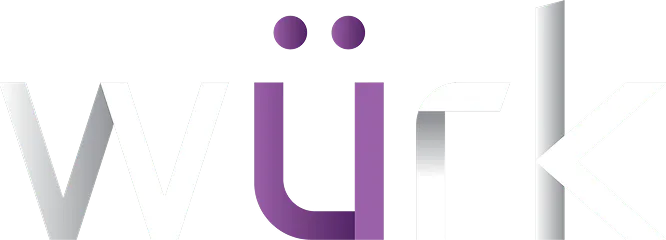
Prepare for Growth with Strategic HR Plans
For growing cannabis companies, HR initiatives are always a top priority and pose significant and ongoing challenges. These challenges become exacerbated for operators in states transitioning from medical to adult-use and for multi-state operators (MSOs). Planning is essential, and this is an excellent time to ask strategic questions, such as: Accurate Timekeeping Is Essential Time […]


